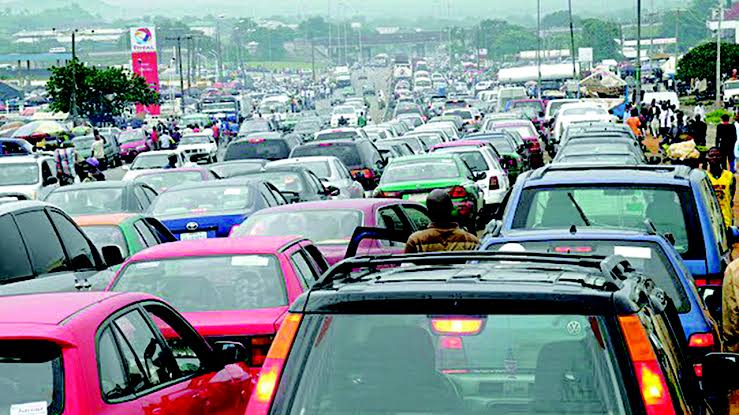Federal Government says it has issued operating licences to over 9,000 filling stations across the country considered equipped for the co-location of facilities that dispense autogas fuel.
A communiqué issued by the Nigerian Institute of Transport Technology at the end of the stakeholders’ engagement forum on the provision of technical manpower and facility for the development and promotion of autogas as transportation fuel in Nigeria, contained this disclosure.
The conference, with the theme, ‘Autogas as an alternative fuel for transportation in Nigeria’, showed that there was a need for alternative options for transportation fuels such as Liquefied Natural Gas, Liquefied Petroleum Gas, and Compressed Natural Gas known as autogas, which should become widely used and accepted as an alternative automotive fuel.
The communiqué stated that Nigeria’s gas reserve was about 209 trillion cubic feet, adding that gas production was between 8.15 – 8.35 billion standard cubic feet/day, which was more than enough for the nation.
“There are 50 conversion centres currently upgrading for mass conversion and training of technicians in the country. Auto assemblers are already producing fit-for-purpose dual-fuel vehicles in the country.
“The Nigeria Gas Expansion Programme had held extensive multi-sectoral stakeholder engagement and secured impressive programme support and buy-in. The government is supporting the deployment of over one million conversion kits for trucks and smaller vehicles.”
It said the government was supporting the optimal availability of all autogas fuel streams, and that the adoption of autogas technology was good for Nigeria in the short and long term.
The forum further recommended that the Federal Ministry of Transportation should collaborate with relevant stakeholders and the private sector for research, development, and deployment of autogas fuel in Nigeria.
The communiqué added that the Federal Government should provide incentives to motorists, especially in the public transport and road freights sub-sectors for the conversion kits acquisition as a way of cushioning fuel subsidy removal.












